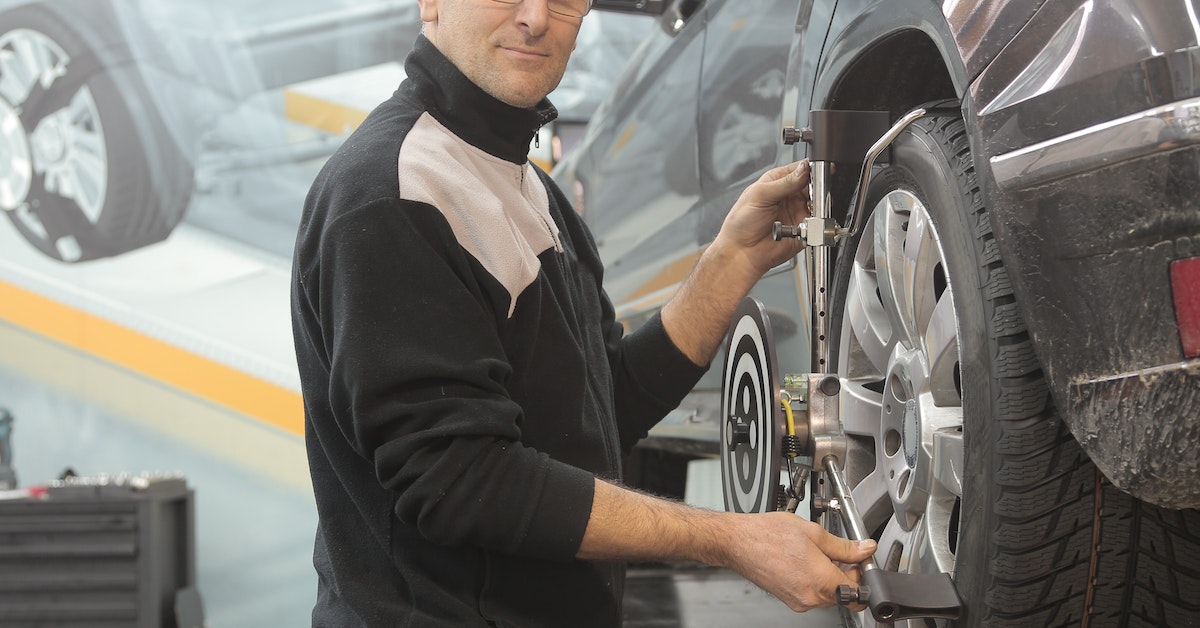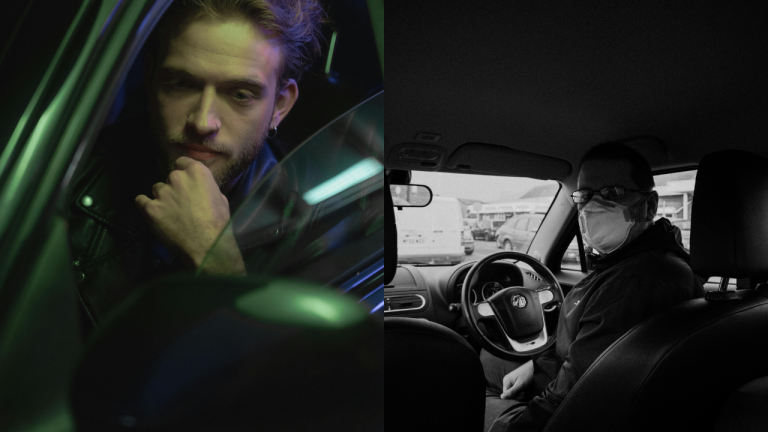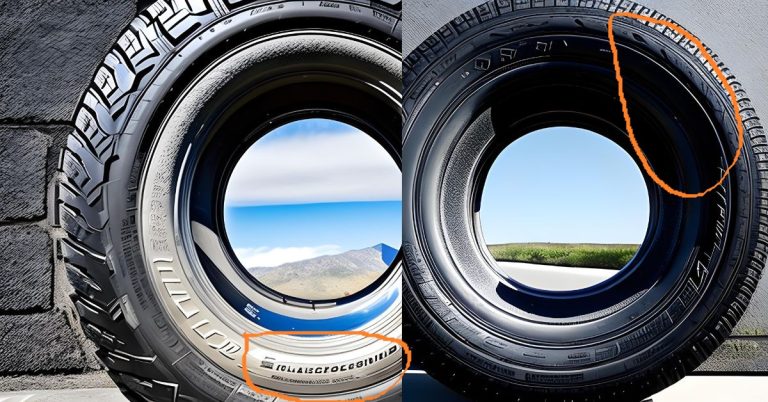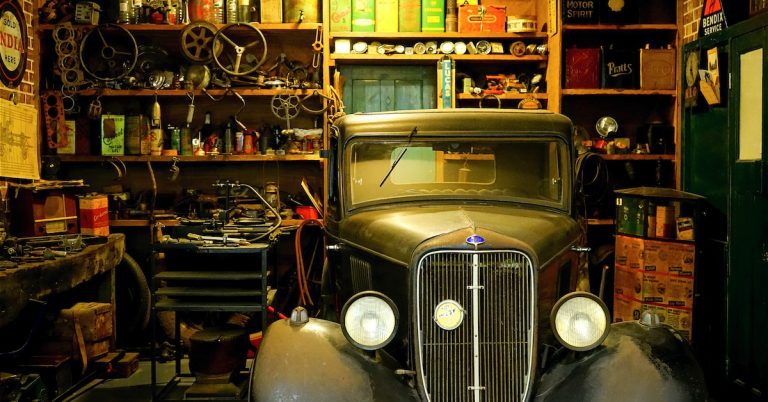Because of recent technological advancements and improved engineering, vehicle travel is now less of an aural assault. To be sure, there are a few sounds that might indicate danger for your automobile.
Car experts recommend keeping your ears open while you drive, so we’ve included a list of sounds that might indicate danger below.
Car Making Noise When Driving
Wheel bearings are a common source of road noise, with the noise becoming more noticeable at higher speeds. Another explanation is a mechanical component, such as a water pump, that becomes more audible at the normal city driving pace. A leak or broken fan belt are two more possibilities.
Car Making Noise When Driving Slow
Why does your automobile make sounds while you’re just driving around town? Must it be making those sounds? When these noises play, what do they mean? When you hear the sounds of an automobile gently speeding up, you naturally have a lot of questions.
Oh good! Are you a new driver or do you have a new car to drive? Then there are some new car driving tips
However, although certain sounds are likely to be entirely normal, others may suggest that something is amiss with the vehicle. Listen closely to the sounds described below.
Squeaking Sound
In the event that your vehicle is generating a squeaky sound while going slowly, check the dust guard first.
Worn brake pads, old brake spacers, a backing plate that is contacting the rotor, or unclean brake pistons may all contribute to squeaking noise.
Clicks and Clunks Sound
There are a number of things that might cause a click and clunk, like a worn-out CV (constant velocity axle), a loose tire, or fractured sway bar bushings, but in most cases, it’s caused by a loose 14mm bolt on the CV.
Grinding Noise
The wheel bearing should be checked first if you hear a grinding noise since this is a common symptom of a bearing or braking issue. The problem might potentially arise from a polluted joint or a ruptured axle boot.
Car Making Noise When Driving Fast
The car’s sounds evolve as its speed increases. Now that we’ve covered some of the sounds a vehicle produces while it’s going slowly, let’s take a look at the sounds it makes when it’s going fast.
Rumbling Noise
A rumbling noise coming from your vehicle might indicate an alignment problem or something as simple as a pebble, bubble, or nail embedded in the tire. Keep in mind that the rumbling sound of the automobile only becomes louder as the speed does.
Rattling Noise
The rumbling is another noise that may be heard at greater speeds. Such a noise usually implies a damaged engine mount bolt or an issue with the vehicle’s vibrating exhaust.
Whistling Noise
A cracked windshield seal may cause a whistling sound that becomes louder as the vehicle speeds up and comes from below the hand brake region.
Flapping Noise
Possible causes of the flapping sound include a loose mud flap, a cracked under-car splash cover, or a screw that is missing from the tire head.
Car Making Noise when Driving Over 60mph
While travelling at speeds more than 60 mph, a low ticking noise might indicate a problem with the driveshaft or timing chain.
If this noise worsens with increasing speed and whooping noises are produced, however, it may be indicative of dragging brakes or a vibrating CV joint, or failing wheel bearings.
If you hear whistling at speeds of 60 miles per hour or greater, it’s likely due to weather stripping or a gap in the headlight or bumper.
Probably this article help you to know why does car make noise.
Loud Screeching
If there is a problem with your vehicle’s alternator, power steering pump, or air conditioning compressor, you may hear an extremely loud screaming noise. Even after removing the power steering belt, if you still hear this noise, it means the alternator belt is too loose.
Car Making Noise When Driving but Stops When Braking
For example, the following issues may contribute to the background commotion:
- Disc brakes with worn pads
- Brake pads with debris like dirt or stones
- As the pads’ metal side tabs rub on the disc, they produce a grinding sound.
- Applying the brakes might cause the pad to stick, meaning that it won’t pull away from the disc on one side.
Car Making Noise When Driving Over Bumps
Some cars make distinctive sounds when driven over bumps, signaling the need for a visit to the technician. Two distinct noises will typically be produced by the vehicle when it is driven over the humps.
- If your automobile is making noise as you go over bumps, the sway bar bushings may be worn out.
- Clunks while driving over bumps indicates broken ball joints, worn bushings, or a loose strut mount.
Eight Common Noises a Car Makes
Typically, the sonic signature of an automobile in distress varies depending on the nature of the issue. For this reason, I’d like to talk about eight different automobile sounds that you could hear.
Loud Screeching Noise from Car while Driving
When your car’s brake pads are going low, they will begin to squeal as a warning. When the brake pads’ friction material wears down to the metal backing, the rotors begin to make a grinding noise from the friction between the two.
The sound of grinding or screaming indicates that you need to get your brake pads and rotors inspected.
Chirping or Squealing Sound From the Engine Compartment
This kind of engine noise may be intermittent or persistent, depending on the condition of the belt, and occurs most often when you first start the engine in the morning.
A serpentine belt is a single belt that may drive many components in an automobile’s engine, such as the air conditioner compressor, power steering pump, and alternator.
However, most subsystems have their belt, such as the alternator. To put it simply, a chirping or squealing noise will happen if these belts are worn out, stretched, cracked, or oiled too much.
Groaning or Whining Sound from the Steering Wheel
Here’s a scenario: you’re going to make a corner, and as you turn the wheel, you hear a strange moaning or whining sound coming from the engine bay. Having poor power steering or an air leak in the system are the most common causes of these peculiar sounds.
There are now two options for fixing this problem. To begin, if the power steering fluid level is low, you may top it off. Second, if there is an air leak, the pump may be replaced.
Rumbling Sound When Driving on the Highway
It’s challenging to pinpoint the source of such noises and make an accurate diagnosis. Wheel bearings are often blamed for making such sounds.
Clicking Sound from Underneath the Car Upfront
When a CV axle fails, it causes the steering wheel to click and shake or vibrate. In addition, this noise is often heard when a gradual left or right turn is being made.
Clunking Sound When Driving Over Rough Roads or Bumps
Clunks in the suspension are often caused by worn stabilizer links. Clunking noise may be easily identified as the result of a simple and inexpensive issue.
Buzzing or Rattling Sound at Different Speeds
The exhaust system of your automobile consists of a number of parts, including the engine’s exhaust manifold, a catalytic converter, an aftermarket muffler, and so on.
Each of them is covered by a delicate metal shield. It’s a problem because pebbles may readily penetrate these barriers. The impact of these pebbles may cause the shields to bend, corrode, and finally break. When these metal barriers finally give way, you’ll hear a series of loud, varying-speed buzzing noises.
Finally, We would want to stress that each time you notice that your automobile is acting strangely, it is attempting to communicate with you and that you should take it to a trustworthy technician as soon as possible to get the problem corrected.







